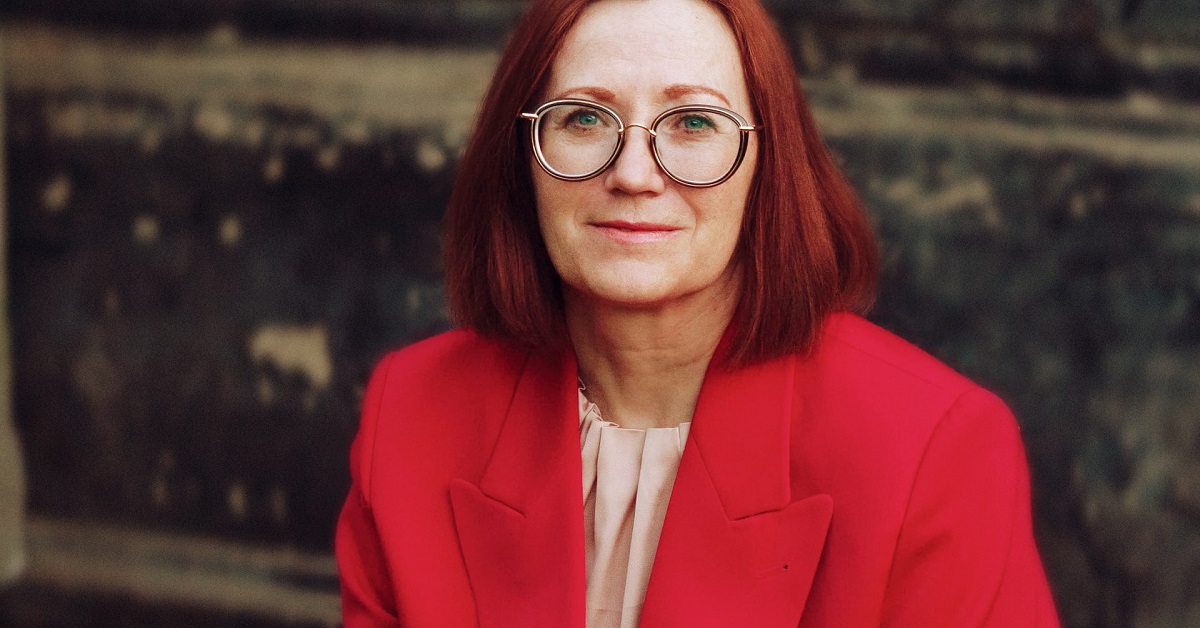Chemist.net Cookie Policy : We use cookies to enhance your user experience. To find out more please view our cookie policy
How Do You Know if Menopause is Starting Early?

When a woman's periods end before the age of 45, it is termed as early menopause. It can occur spontaneously or as a secondary effect of some medications. Menopause typically begins for women between the ages of 45 and 55. You should consult a doctor if you're younger than 45 years and have observed that your periods are becoming less regular or stopping entirely. Keep reading to find out what causes menopause symptoms to show early.
What causes menopause symptoms to show early?
The ovaries stopping working
If a woman's ovaries stop producing normal amounts of some hormones, especially the hormone oestrogen, early menopause may occur naturally. This condition is also known as primary ovarian insufficiency or premature ovarian failure.
Premature ovarian failure is frequently caused by unknown factors. However, in certain women, it may be brought on by:
- Chromosome abnormalities, such as those found in Turner syndrome-affected women
- An autoimmune condition, in which the immune system begins to attack body tissues
- Some diseases, such as mumps, malaria, and tuberculosis, although these are quite rare
It's possible for premature ovarian failure to run in families. This may be the scenario if any of your relatives experienced menopause when they were quite young (20s or early 30s).
Cancer treatments
Chemotherapy and radiotherapy have the potential to cause early ovarian failure. This could be either permanent or temporary.
Your likelihood of experiencing early menopause depends on:
- Your age - younger girls are more tolerant of harsh treatment than elderly women.
- The type of treatment you receive - various chemotherapy regimens may have varied effects on the ovaries.
- Where on the body any radiotherapy is targeted - having radiotherapy near your brain or pelvis increases your risk of going through early menopause.
Surgery to get rid of the ovaries
Premature or early menopause will also result from surgically removing both ovaries. For instance, during a hysterectomy (an operation to take out the womb), the ovaries might need to be removed.
The most common menopause symptoms that show early
The primary sign of early menopause is absent or irregular periods that occur for no apparent reason (such as being pregnant).
Other common menopausal symptoms that women may experience include:
- Hot flushes
- Night sweats
- Discomfort or vaginal dryness during sex
- Low mood or anxiety
- Difficulty sleeping
- Reduced sex drive (libido)
- Issues with memory and concentration
How is early menopause diagnosed?
Depending on your symptoms, family history, as well as blood tests to evaluate your hormone levels, a doctor should be able to determine whether you are experiencing early menopause.

How do you treat menopause symptoms that show early?
The combined contraceptive pill or hormonal replacement therapy (HRT) to replace lost hormones are the major treatments for early menopause.
In order to provide you with some protection against osteoporosis and other diseases that can arise after menopause, your pharmacist or doctor will likely advise you to continue this treatment at least until the time of natural menopause (which is often around 51).
You might not be able to receive hormonal treatment if you've had certain cancers, such as some types of breast cancer. The GP will discuss further treatment choices and lifestyle modifications with you that can help safeguard your health.
If you're still experiencing problems, your GP can recommend a specialised menopause clinic for you.
Shop online today at Chemist.net for the best products to ensure that you maintain health naturally and fight menopause symptoms that show early.
This blog post was written on behalf of Chemist.net by Pharmacy Mentor.
Updated October 2022
